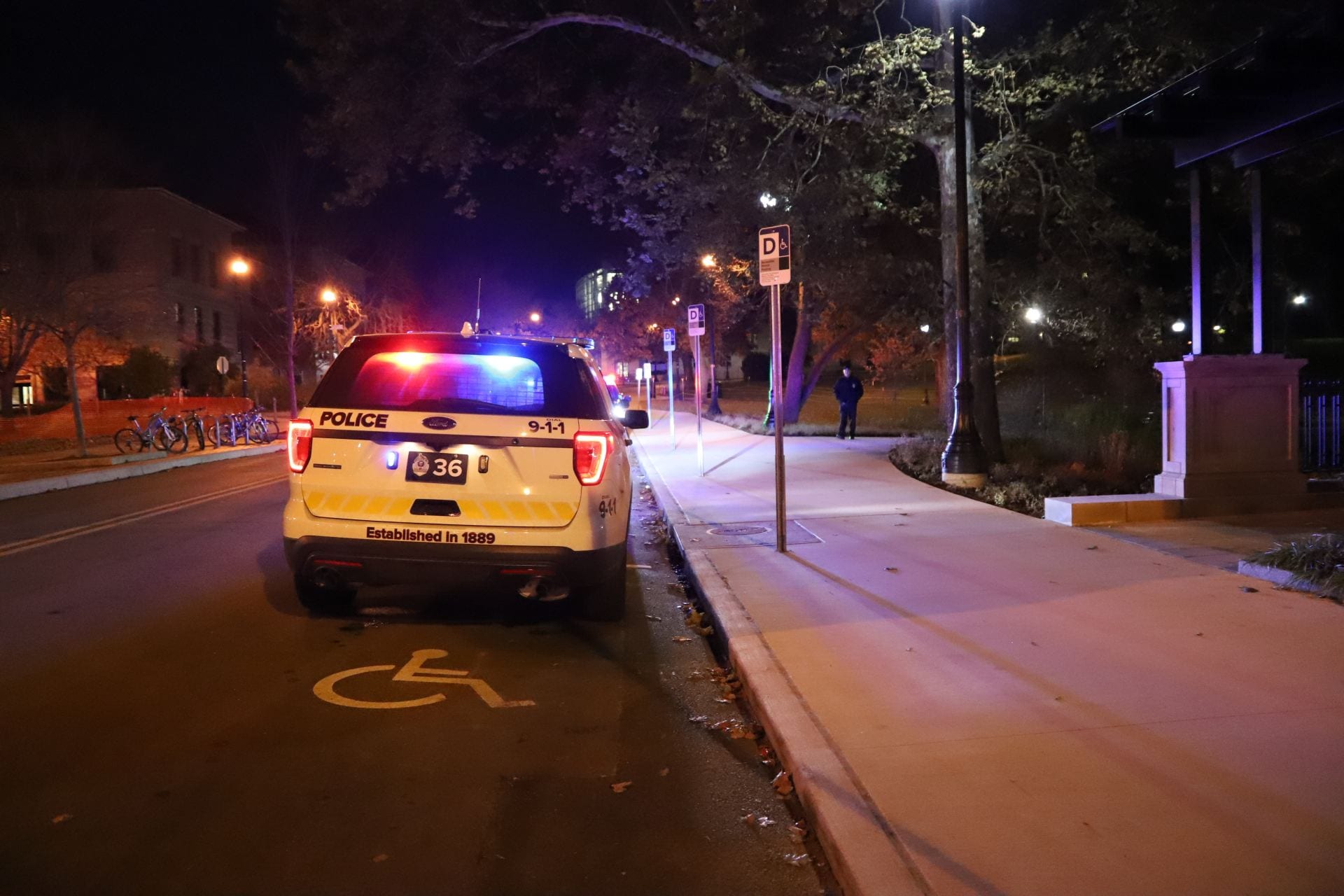As products of the 1980s, most of us remember the tragically addicting high school teen saga Saved by the Bell. There was one episode that sticks out in my mind the most.
One of the characters, Jessie, who is the hard-working, neurotic honors student, becomes addicted to caffeine pills while studying for a big exam. Throughout the show, we see her experience extreme mood swings of excessive happiness to severe depression. The climax of the show is when Zach (the blond heartthrob who now can be seen on NYPD Blue) comes into Jessie’s room and finds her disoriented, anxious and unable to remember anything. In the end she goes to get help, and all this takes place in about a half an hour.
Despite the show being more than 10 years old, caffeine pill use and addiction is a silent but prevalent problem among college students. With next week being finals week, the pressure is on. A lot of times students are desperate to stay up and pull all-nighters to cram for exams the next day. A simple quick fix is to take a pill. Because caffeine pills are over-the-counter drugs, most people think they are relatively harmless to take or just like drinking a cup of coffee. While coffee contains between 110-150 milligrams of caffeine per cup and a can a pop 30-60mg, one caffeine pill has about 200mg.
The recommended dosage on the back of No-Doz and Vivran is one capsule every three to four hours. If students are taking two or three at a time that is more than 400mg entering the blood stream at one time. According to Erowid Extracts, a medical journal that focuses on drug review, the caffeine begins 15-45 minutes after ingestion.
The adverse effects are often masked by the initial high. People feel less drowsy and more capable of getting work done. People can type faster while on them. At the same time heartbeat, respiration and the production of stomach acid and urine increase. Studies have shown that caffeine decreases reaction time to visual and auditory stimuli and muscle coordination that is needed for driving. The belief that caffeine pills will increase the ability to study is also askew. A person does stay awake on them, but one’s intellectual ability is no different than someone who is tired. They do not help numerical reasoning, short-term memory or verbal fluency.
After the caffeine wears off, the trouble begins. People can suffer from anxiety, nausea, headache and sleep disturbances. This can occur after taking just two tablets of No-Doz. People also find it hard to concentrate. How does someone study if they can’t concentrate? For people who become addicted or overuse caffeine pills it is much worse. Symptoms like delirium, panic attacks and irregular heartbeat can occur. Long-term use can cause ulcers and heart disease.
There are natural alternatives to staying awake besides using caffeine pills. Even a cup of coffee or drinking pop is better.
According to the Nov. 11 issue of the Observer, if you know you are going to stay up late, there are things you can do during the day to prepare. First, drink 2.5 liters of water a day. Second, eat fiber. It gives you energy and is better than sweets. Third, while staying up, don’t order a pizza and then eat all of it. Large food consumption diverts the body’s energy to the stomach making you feel fatigued.
If it is 3:00 a.m. and you are dragging, get up and take a walk or a cold shower.
Remember, school is only a degree, not your life. Don’t fall to temptations and use an artificial substance that could hurt your life and won’t work anyway. An “A” doesn’t come in a bottle. Good luck with finals.
Jennifer received all her information from various health web sites and journals. If you would like to know the precise address of any sources used she can e-mail them to you. She can be reached for comment at [email protected].


